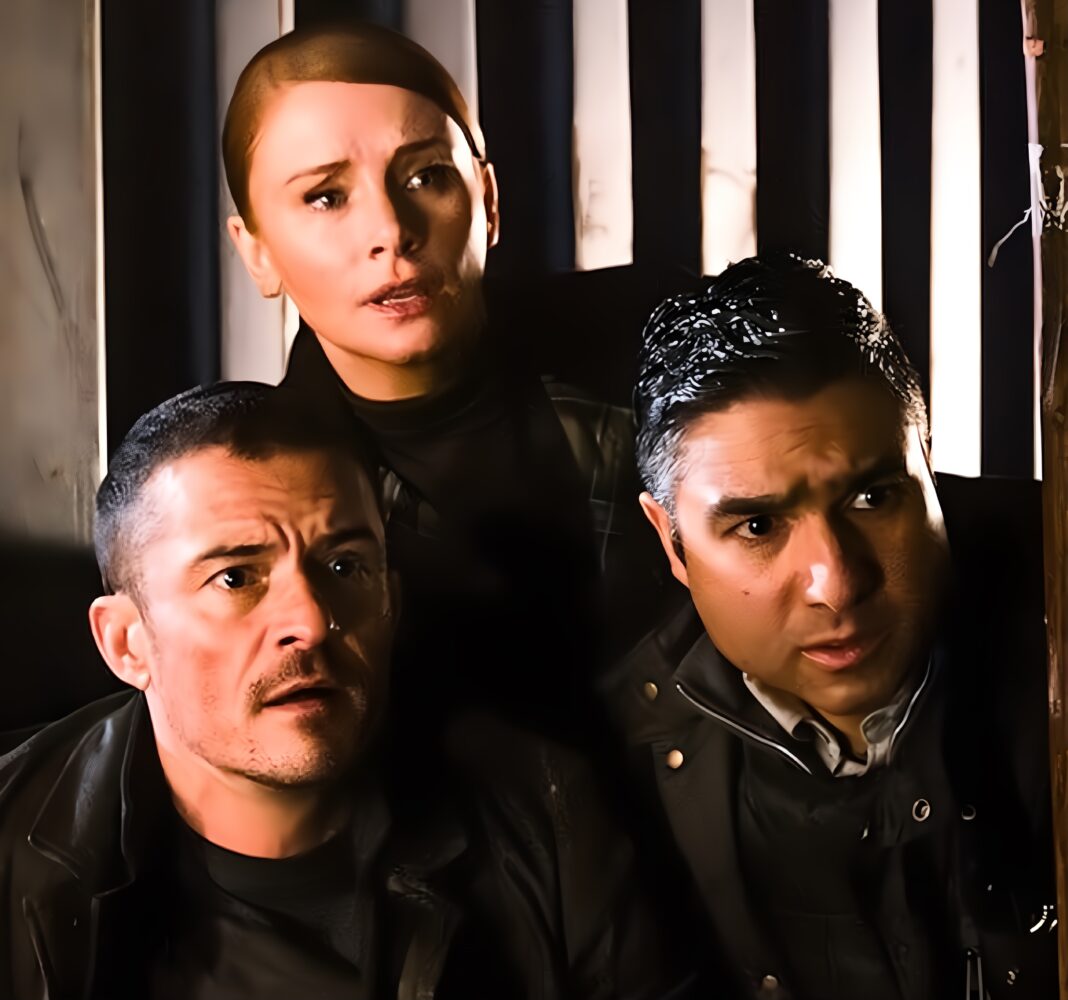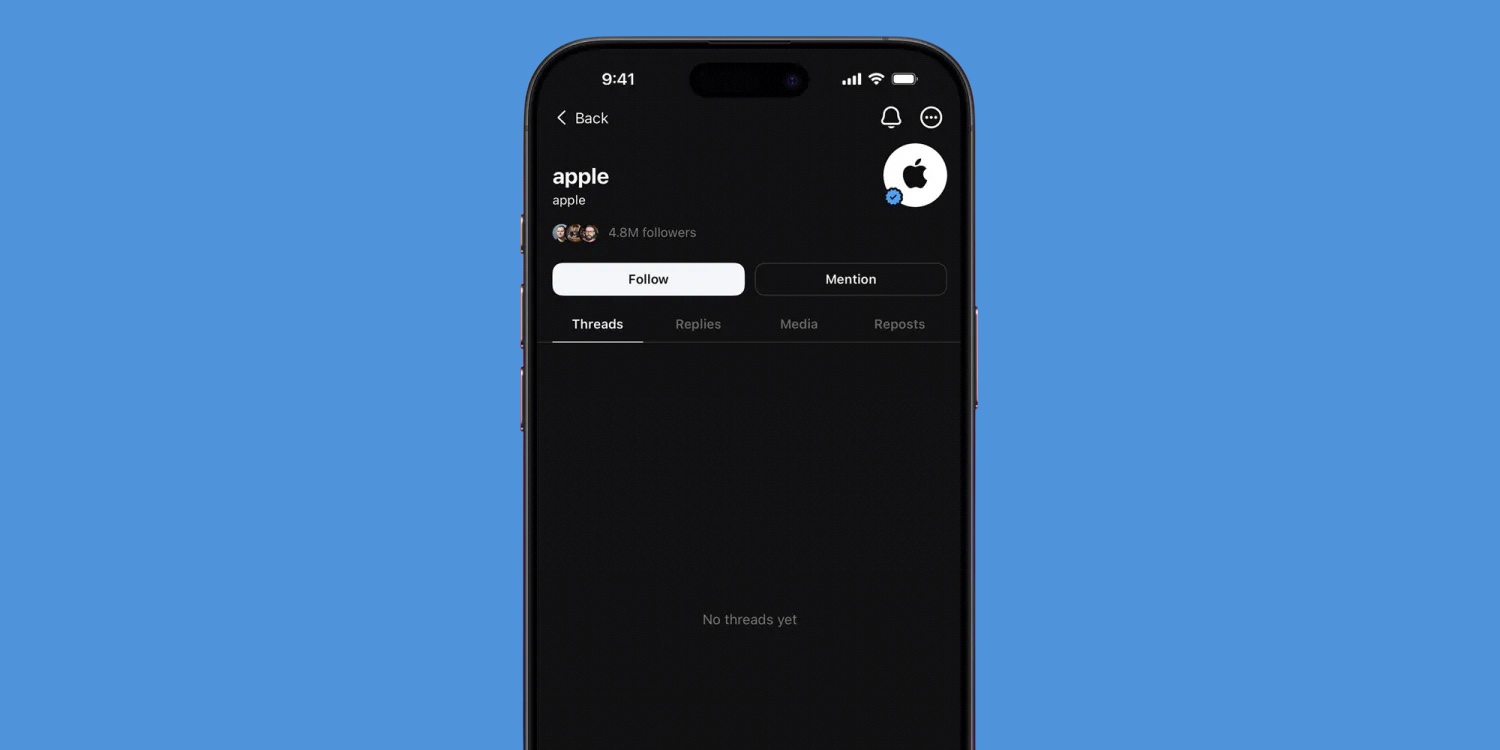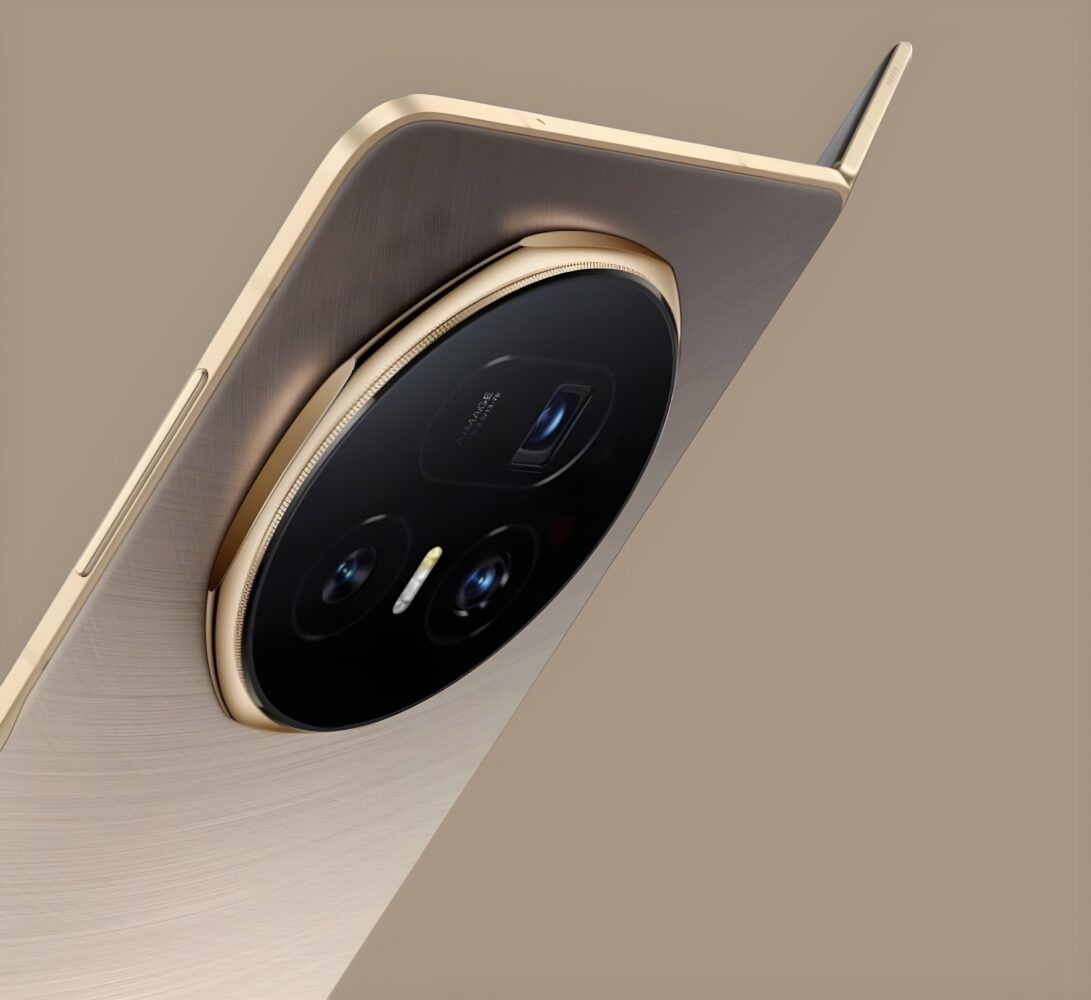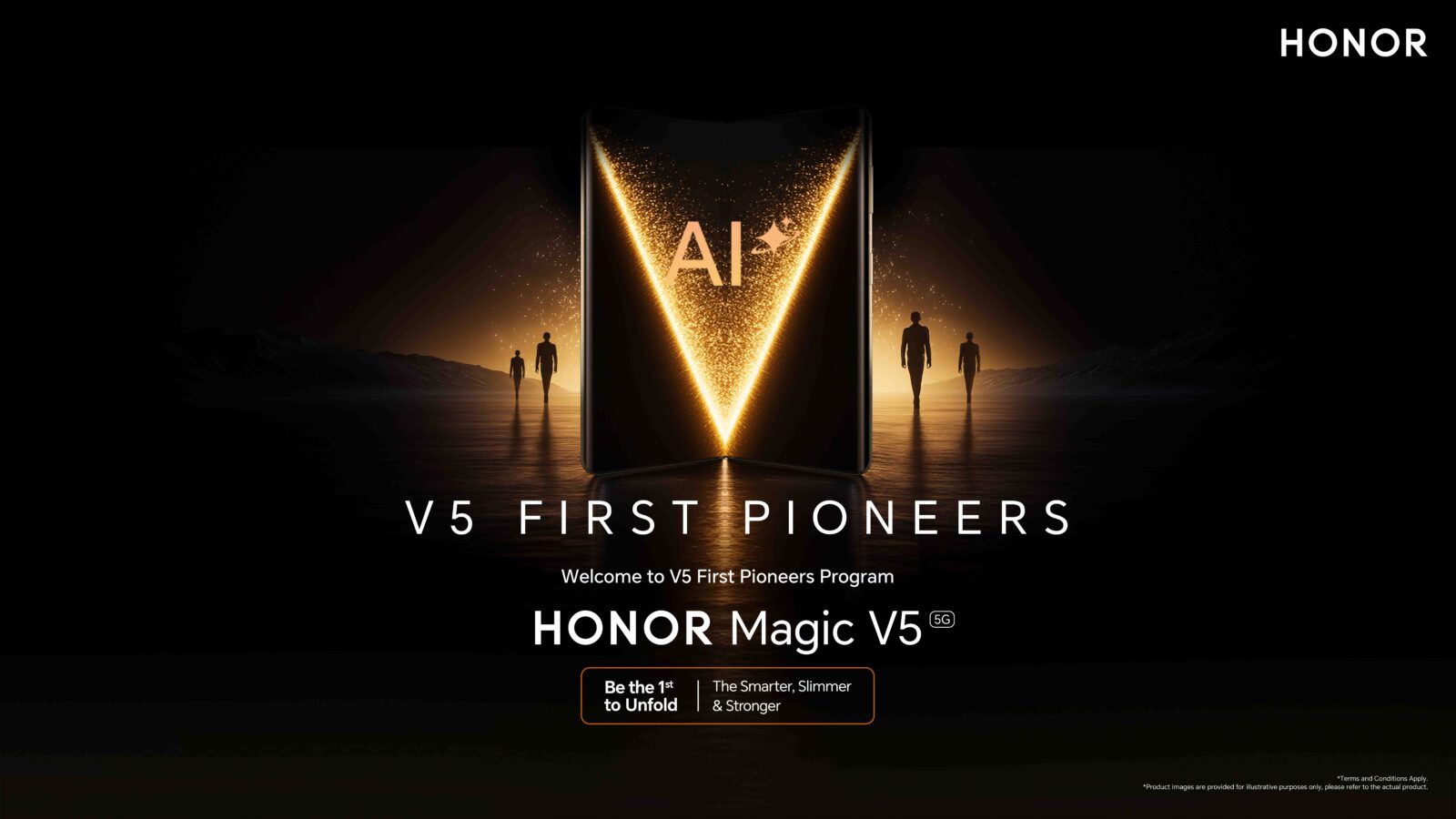TL;DR: “Deep Cover” is a scruffy but lovable high-concept comedy about improv actors recruited by a police detective to go undercover in London’s criminal underworld. Bryce Dallas Howard, Orlando Bloom, and Nick Mohammed stumble, bicker, and yes-and their way through an uneven but entertaining ride. The movie is sometimes sharper in concept than execution, but the cast’s charm, especially Mohammed’s gentle awkwardness and the comedic chemistry of the Pin duo, keeps it buoyant. It won’t change your life, but it’ll make your Thursday night a bit more surreal—in a good way.
Deep Cover
Opening Scene: Or How I Learned to Stop Worrying and Love the Premise
There’s something weirdly beautiful about a movie that clearly wants to be made. “Deep Cover” feels like that friend who’s always pitching half-baked sketch ideas at the pub—some are genius, some are chaos, and all of them are delivered with a conviction that’s hard not to root for.
When I first read the premise—a trio of struggling improv actors accidentally swept into the criminal underworld on a budget MI5 mission—I rolled my eyes so hard I almost saw my own frontal lobe. It sounded like an algorithmic smoothie of “Only Murders in the Building,” “The Heat,” and some drama school dropout’s dream journal. And yet, somehow, it works.
Bryce Dallas Howard plays Kat, a once-up-and-coming actress now running an improv class out of what looks like the spiritual successor to a Shoreditch Pilates studio. She’s brittle, manic, and tired in that way only failed LA exports living in North London can be. You can practically hear her backstory: too many auditions for “CSI: Boise,” too many oat milk flat whites, and now, too much pressure to turn struggling artists into cohesive “troupes.”
Orlando Bloom is Marlon (yes, as in Brando)—a self-serious, cigarette-clutching, abs-flexing, pseudo-method thespian whose idea of ‘deep character work’ probably involves crying shirtless in front of a mirror while quoting Raging Bull. And then there’s Nick Mohammed as Hugh, an IT guy so sweetly downtrodden and eager to please he feels like the spiritual cousin of every Best Buy employee who’s ever given me printer advice I didn’t deserve.
They’re pulled together by Sean Bean’s Detective Billings, a grizzled, seen-it-all London copper who’s reached the “I don’t care anymore” phase of his career. Billings doesn’t believe in rules, or logic, or even qualified agents. He believes in vibes—and for some reason, improv actors.
The setup is bonkers. And refreshingly, “Deep Cover” doesn’t shy away from that. It embraces the inherent absurdity like a Labrador with a chew toy: with enthusiasm, no sense of pacing, and a tendency to slobber on the rug.
London Calling (and Also, Crying from Laughter)
Let’s talk about London.
Movies often flatten this city into either twee romcom backdrops or grizzled gangster fables. But “Deep Cover” gives us something a bit different—a hybrid version of the capital where rain-slick cobblestone streets meet awkward open mic nights and police sting operations are conducted from greasy spoon cafes.
This is a London of crumbling rehearsal rooms, dodgy clubs with “VIP” sections consisting of two plastic chairs, and Metropolitan Police officers who probably still use Hotmail. It’s a place where a drug kingpin might own a vape shop, and an improv scene might literally become a matter of life or death.
It’s no coincidence that co-writers Ben Ashenden and Alexander Owen (aka The Pin) are all over this thing—on the page and on screen. Their brand of comedy—neurotic, self-aware, and irreverent—permeates every scene. They play a pair of eternally bickering detectives who seem to exist in a separate comedic universe, and honestly? I would watch their spin-off in a heartbeat. Think Mitchell and Webb meet “Hot Fuzz” with a touch of “Inside No. 9” weirdness.
Improv: The Most Dangerous Weapon of All
Now let’s get to the big idea: improv as espionage.
This is the kind of elevator pitch that probably got sold in an actual elevator: “Three improv actors go undercover to infiltrate a drug cartel.” It’s conceptually hilarious and also kind of terrifying when you really think about it. These are people who yell “Yes, and!” at complete strangers. These are people who wear scarves unironically.
There’s a running gag in the film—probably unintentional—about how deeply unqualified the trio is for actual spy work. But therein lies the joy. Watching these three flounder through the criminal underworld using nothing but overconfidence and theatre school instincts is both cringe and cathartic. Howard, Bloom, and Mohammed get a lot of mileage out of fish-out-of-water moments that are clearly improvised in spirit if not always in execution.
Bryce Dallas Howard plays Kat like someone teetering on the edge of a nervous breakdown but determined to pretend it’s all part of the act. There’s something a bit too meta about watching an actress play an actress who’s bad at acting—but Howard sells it, even if some of her comedic timing feels a bit robotic. She’s like a malfunctioning Alexa trying to do sketch comedy. But the intent is there.
Orlando Bloom, on the other hand, is clearly having the time of his life. It’s as if someone told him to play “Jason Statham, if Jason Statham cried after sex and kept a dream journal.” He’s magnetic, absurd, and weirdly tender in the most ridiculous ways.
But the MVP here? Nick Mohammed. He plays the shy IT guy like someone who wandered onto set by accident and was too polite to leave. His nervous energy, quick delivery, and genuine warmth elevate every scene he’s in. You believe Hugh would say yes to an undercover job for £200 and a Greggs voucher. You believe he thinks improv could be a survival skill.
Considine and the Curious Case of the Drug Kingpin Who Might Be Sad Inside
Paddy Considine plays the local drug lord like a man stuck halfway between Shakespeare in the Park and a Guy Ritchie reboot. His character, Anton, is brutal, unpredictable, and seems like the kind of guy who listens to opera before stabbing someone. He’s exactly the sort of villain this kind of movie needs—not too scary to derail the comedy, but menacing enough to make the stakes feel real-ish.
There’s a moment where he monologues about loneliness or betrayal or something vaguely literary, and I swear to God, I expected him to quote Sylvia Plath. It’s that kind of movie.
The Improv Doesn’t Always Kill—Sometimes It Just Wounds
Here’s the thing: “Deep Cover” isn’t perfect. It wants to be a screwball caper with heart, but sometimes the heart beats off-rhythm. Some jokes land with the grace of a bowling ball on a trampoline. Some scenes feel like first drafts that nobody had time to rewrite. There are pacing problems, especially in the second act, and a few emotional beats that feel unearned.
Bryce Dallas Howard’s character arc tries to reach for emotional depth, but the script doesn’t quite know how to get there. There’s a subplot about her past career failures that feels like it’s building to a major reveal—but it kind of just…fizzles. Bloom’s Marlon, while consistently funny, gets stuck in a loop of increasingly surreal method acting bits that don’t escalate as cleverly as they should.
But even when it falters, “Deep Cover” never stops being watchable. And in an age of slick-but-soulless algorithm fodder, I’ll take messy ambition over formulaic perfection any day.
Final Act: Why I Laughed, Cringed, and Would Still Recommend This Movie
Ultimately, “Deep Cover” is a love letter to the weirdos. The out-of-work actors. The awkward IT guys who take improv classes to meet people. The comedians who live off Tesco sandwiches and dream of being in a “Knives Out” sequel. It’s about failure, delusion, and the weird ways we find purpose in pretending to be someone else.
It’s also just funny enough, just heartfelt enough, and just strange enough to feel like something worth talking about over pints after.
Will you remember it in five years? Probably not. But will you have a good time for 100 minutes? Almost certainly.
The Final Verdict
“Deep Cover” is like a half-polished improv scene: full of potential, wildly uneven, but propelled by sheer enthusiasm and a surprising amount of heart. Come for the ridiculous premise, stay for Nick Mohammed’s gentle genius and Orlando Bloom’s chaotic energy. It won’t win Oscars, but it might win your affection. And sometimes, that’s enough.





